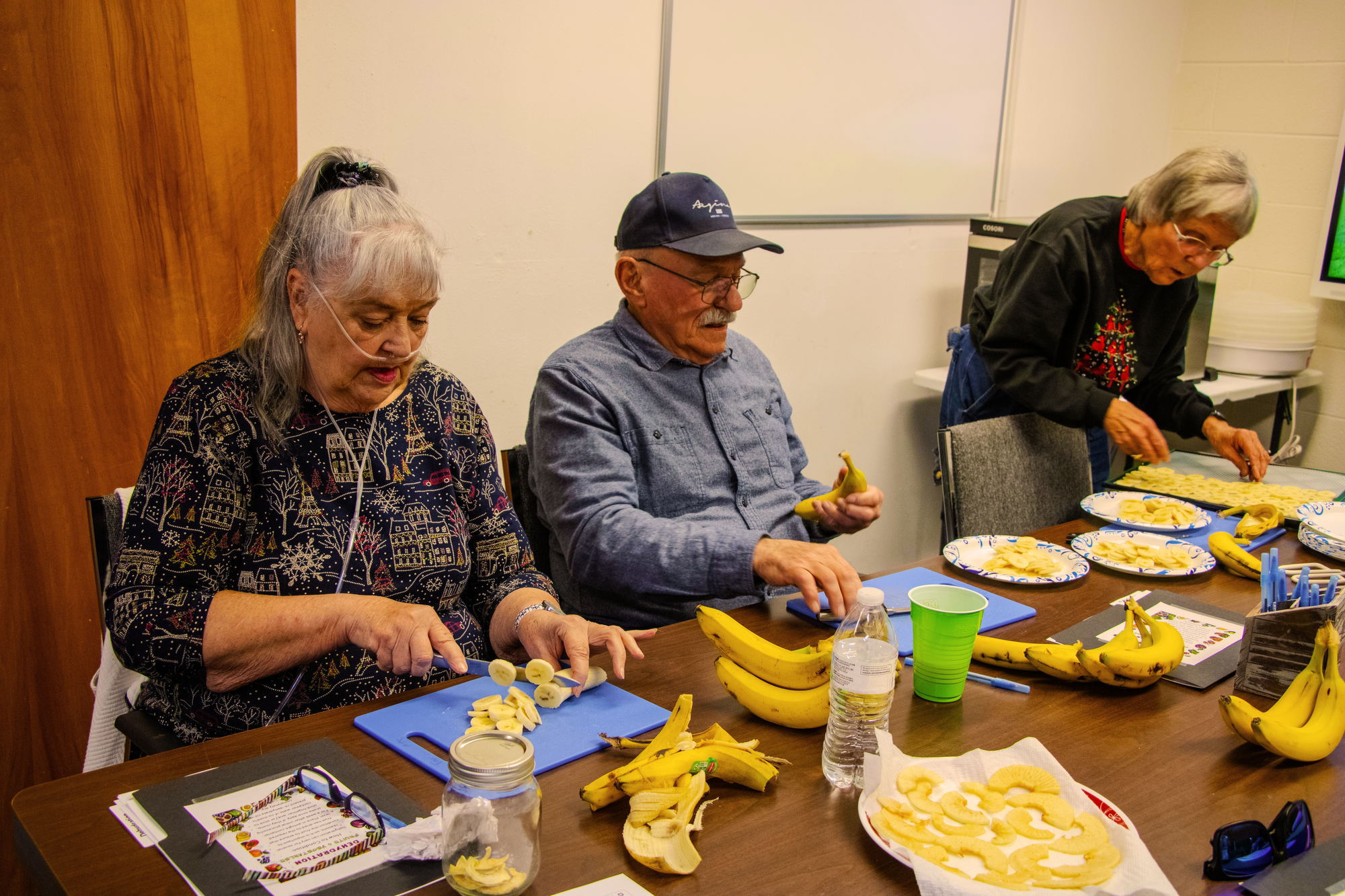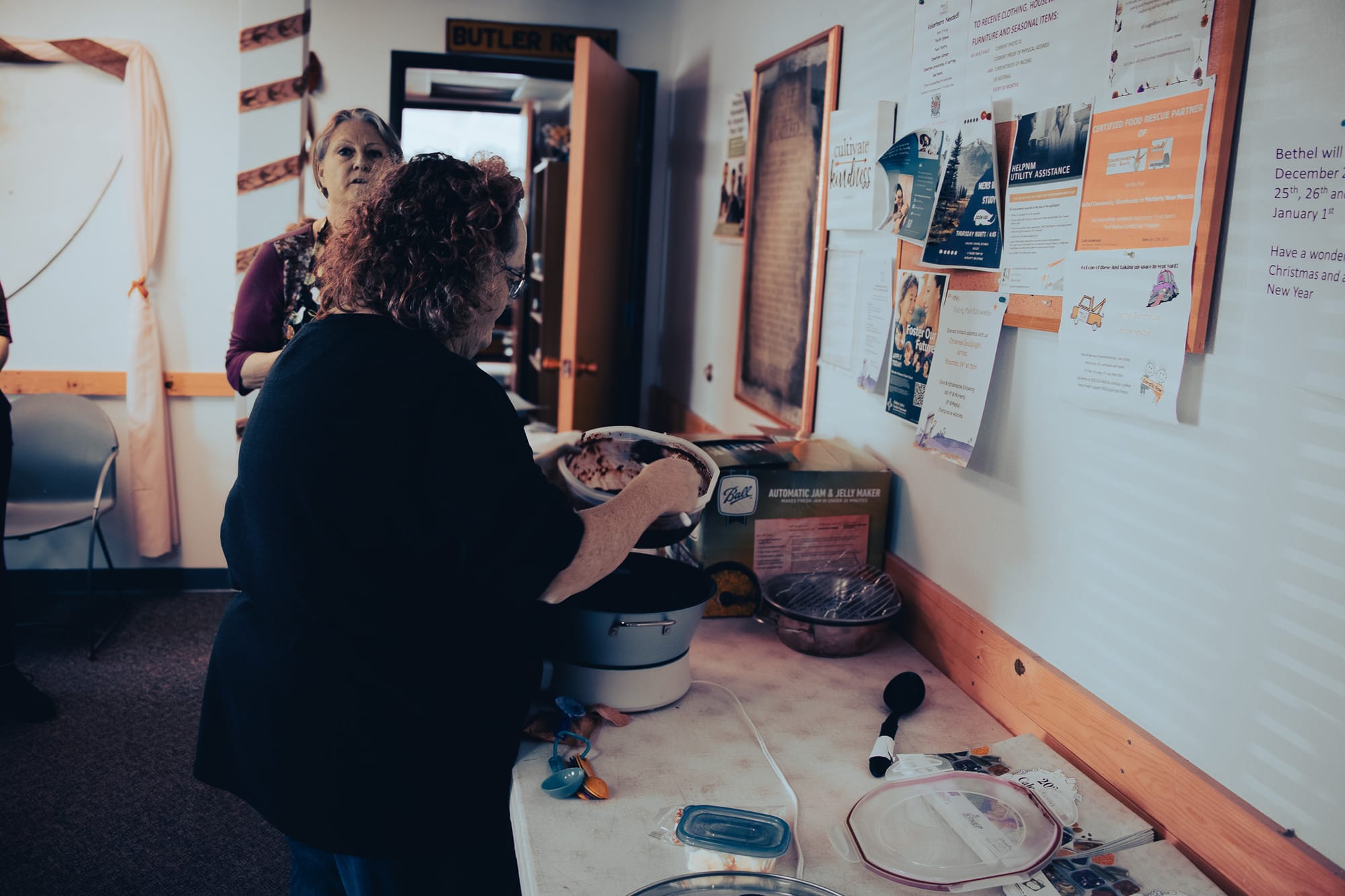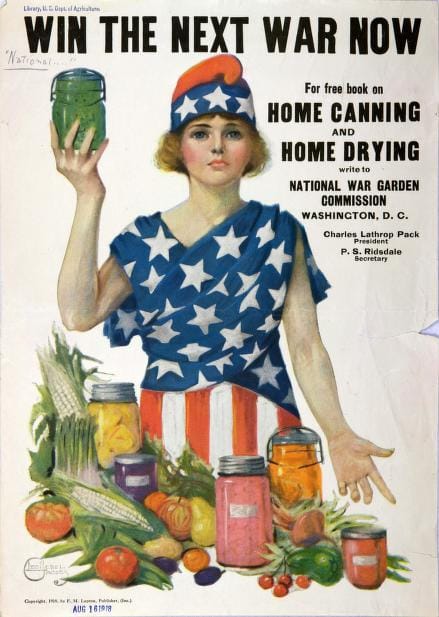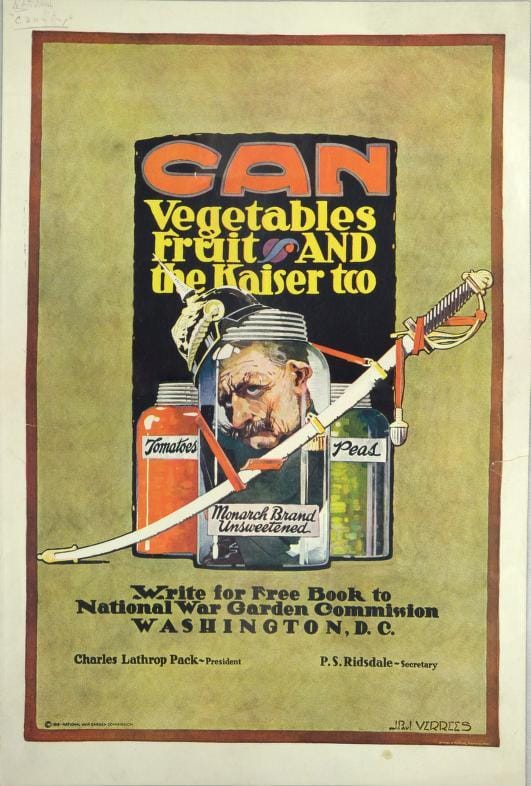NMSU Extension Classes Teach Preservation and Prepping Skills


Throughout December 2024, New Mexico State University's (NMSU) Extension Program offered classes in Torrance County regarding dehydrating food for long-term storage and preparing and canning jams and jellies.
On December 16, 2024, Maberry, CES County Program Director, Extension Family and Consumer Science Agent/4-H Representative, and Deborah Olivas, ICAN Nutrition Educator, taught a class on preparing and canning jams and jellies to a small group of attendees at the Bethel Community Storehouse in Moriarty. Olivas prepared a broccoli cheese soup as the class learned about the different types of pectins used for jams and jellies and safeguards against botulism when canning.

Botulism, the deadly medical condition, is caused by the toxin botulinum, which is excreted in canned foods by the bacteria clostridium botulinum. Along with giving the world the foundation of the ever-popular botox injection, c. botulinum led to a botulism outbreak in 1919 and 1920 that caused eighteen deaths across the United States. As a result of this outbreak, and the US need to have its residents maintain "victory gardens" due to wartime food shortages, the USDA began employing "home demonstration agents" to show residents how to safely can foods, pursuant to the Smith-Lever Act of 1914. The USDA also started its relationship with state land grant colleges, like NMSU, and 4-H Clubs under the Smith-Lever Act, reflecting the need for safe home and commercial canning in an era of food shortages, leading to the very program Debby Maberry was teaching 110 years later.

On December 19, 2024, Maberry returned to the issue of food preservation with a class on dehydrating food. Food dehydration is a 14,000-year-old practice that is epitomized, perhaps, by the ristras hung here in New Mexico. Modern food dehydration utilizes low-powered convection ovens to remove moisture from food and prevent bacteria and other pathogens from flourishing. Attendees in the dehydration class prepped apples and bananas with spices and then dehydrated the fruit in multiple countertop dehydrators.
Maberry explained that the extension program classes would start up again in February 2025. Olivas, who handles the Ideas for Cooking and Nutrition (ICAN) program, said that she will be offering a diabetic cooking class in April 2025.
